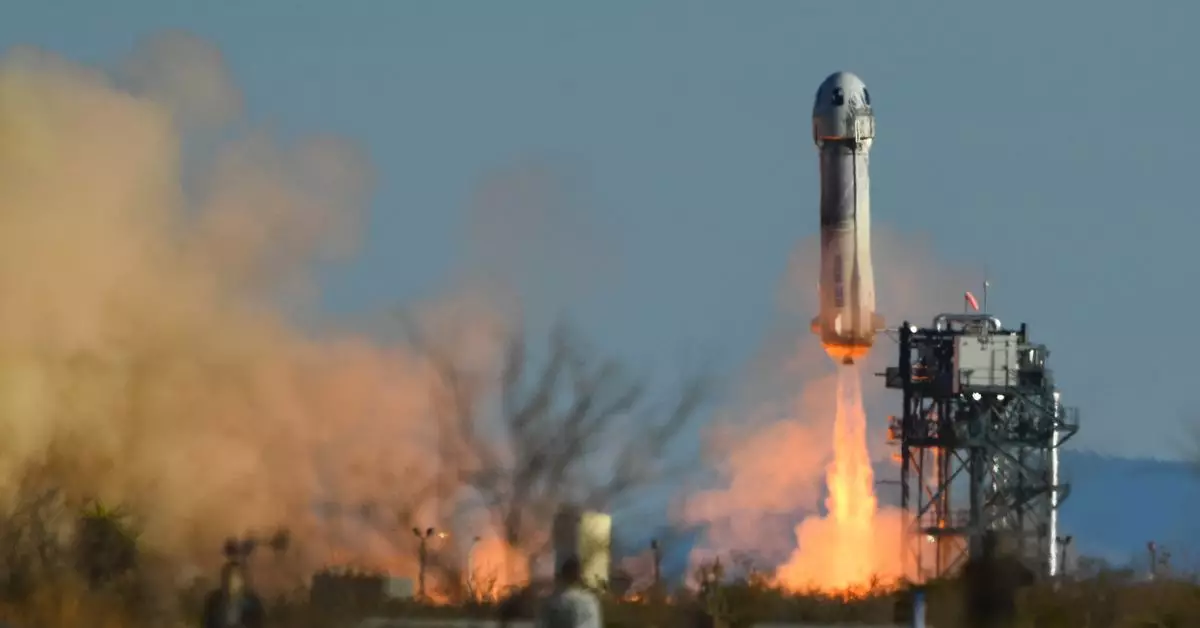Blue Origin, the aerospace company founded by Jeff Bezos, is set to make strides in space exploration with the upcoming NS-27 mission. Scheduled for liftoff on Monday at 9 AM ET, this launch marks a significant milestone as it will debut the RSS Kármán Line, Blue Origin’s newest crew capsule. This capsule is touted to feature enhanced performance metrics, increased reusability, and a fresh appearance that looks to stand out in both functionality and aesthetics. With growing aspirations in the commercial space race, Blue Origin is positioning itself to compete directly with industry giants like SpaceX.
The NS-27 mission will not simply be a test of Blue Origin’s technological advancements; it also carries a substantial payload. Among the 12 sponsored payloads are two LIDAR sensors intended for application in Blue Origin’s Lunar Permanence program. This program aims to develop landers for lunar exploration, contributing to the long-term goal of sustained human presence on the Moon. Interestingly, the mission will also transport a replica of the black monolith from Stanley Kubrick’s iconic film “2001: A Space Odyssey,” alongside student postcards gathered through Blue Origin’s Club for the Future initiative, showcasing the company’s commitment to engaging future generations in space exploration.
In a competitive environment dominated by established players, Blue Origin recognizes the necessity of operational efficiency. CEO Dave Limp, who stepped into the role last year, has set ambitious targets to transition the company into a leading manufacturer within the aerospace industry. Limp’s focus is on ramping up engine production, aiming for a significant output of approximately one engine per week by year-end. While he concedes this may not be perfectly achievable, he emphasizes the need for speed and efficiency, underscoring a goal of reducing production time to fewer than 10 days by the end of 2025.
As Blue Origin prepares for the NS-27 launch, eyes are also set on its larger ambitions with the New Glenn rocket, which is expected to debut in November. This hefty reusable launch vehicle claims an impressive payload capacity of 45,000 kilograms (over 99,000 pounds) to low Earth orbit. This capability positions the New Glenn to potentially outclass SpaceX’s Falcon 9, which has been a staple in commercial satellite launches. Such advancements indicate Blue Origin’s determination to redefine its place within the competitive landscape and to further ambitions that entail delivering large payloads into space efficiently.
As the countdown to the NS-27 launch begins, Blue Origin stands at a crucial juncture in its journey toward becoming a leading contender in the aerospace sector. With a focus on innovation, operational excellence, and strategic partnerships in lunar exploration, the company is not just preparing for a mission; it is laying the groundwork for its future. As the new crew capsule takes to the skies, the coming months will undoubtedly be pivotal in shaping not only Blue Origin’s path but also the broader trajectory of space exploration in the 21st century.

